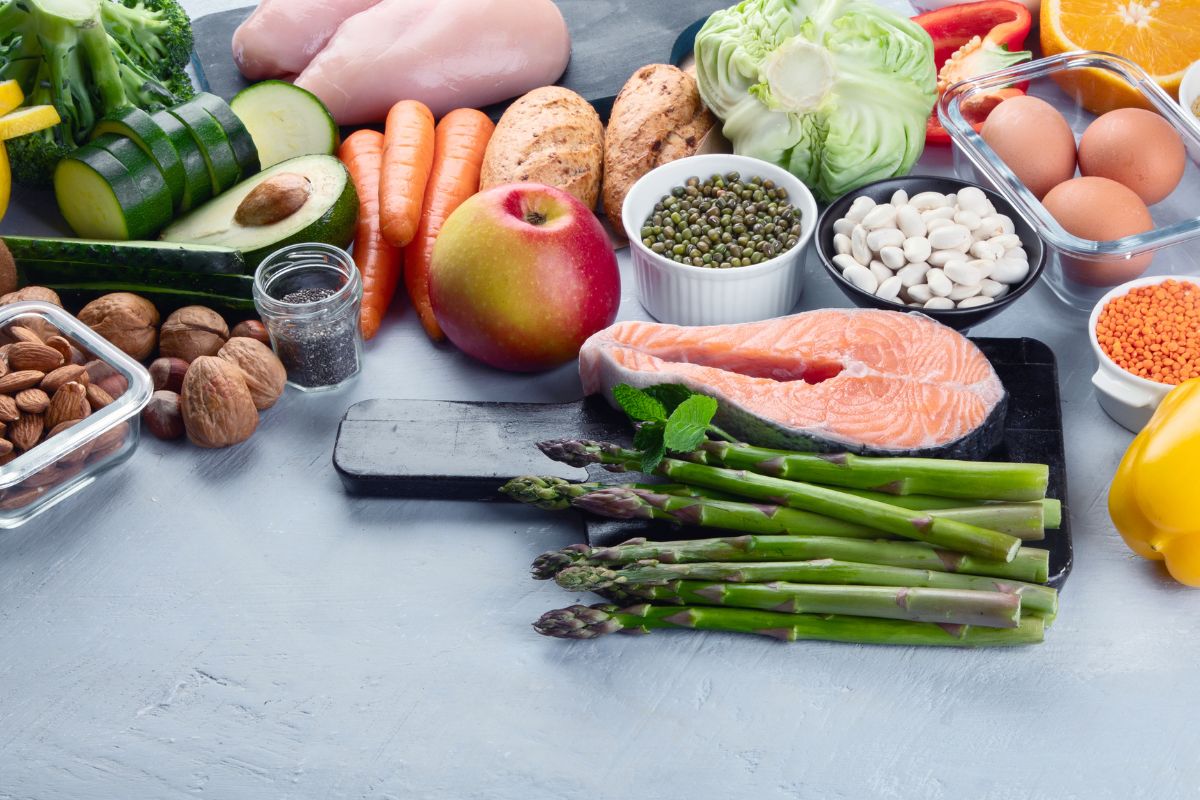A dietary change is one of the best and easiest ways to mitigate many of the aggressive symptoms of Crohn’s disease from flaring up regularly.
Different foods will affect individuals with Crohn’s disease in different ways, one food that could be completely fine and a regular snack for one person could be a food that triggers flare ups for someone else.
It is therefore crucial for anyone living with Crohn’s to learn how to avoid these triggers so the uncomfortable symptoms don’t become even more common or more painful as time goes on.
There are a few key considerations listed below that can help you create a diet plan that still incorporates your favorite foods, but will avoid triggering any Crohn’s symptoms, along with how beneficial each of the foods are.
How Does Food Affect Crohn’s Disease?

While it has been known for a while that different foods can cause symptoms to occur more often in Crohn’s disease, it is still largely unknown why and how this occurs, which is why there is no special diet plan set in stone that can fully avoid any symptoms from being triggered.
Just like certain types of alcohol however such as beer and cocktails, there are some types of foods with particular ingredients that have been seen to be more likely to irritate the GI and digestive system and can make flares more common and uncomfortable.
Meat
Meat is a staple part of many people’s diets and has tremendous benefits for the body when consumed in moderation, and the good news is it won’t be likely to worsen Crohn’s and is a great type of food to incorporate into a diet to gain the necessary amount of protein needed for the body to function properly.
Some meat is far better than others however, meat high in fat can worsen or prolong symptoms and so should be avoided as much as possible, this includes foods such as sizzled bacon and sausages.
Exchanging this for lean meat is a far better option; chicken and turkey are two great examples of meats that are easily accessible and can still be cooked and seasoned to your liking, which have not been found to irritate Crohn’s symptoms.
For red meat such as pork, selecting the leanest option possible is also the best choice and should always be considered when incorporating some meat into a diet.
Ground sirloin is also a popular option that is a great lean source of protein.
Fish
Fish is another popular diet choice that mixes well with Crohn’s and is unlikely to trigger flares.
Oily fish contains omega 3 fatty acids which are known to combat inflammation and can mitigate irritating the GI or digestive tract.
Omega 3 has also been seen to greatly reduce the risk of heart disease and certain cancers, making it a perfect option for a diet.
Trout, salmon, herring and tuna are just some fish options that can be a great and healthy part of a diet, and to keep the fat levels low, always try grilling or baking fish with some vegetable oil.
Fiber
Foods rich in fiber can be consumed depending on if you are experiencing symptoms.
Getting about 23 grams of fiber a day has been recorded to cut the risk of a Crohn’s flare by as much as 40%, however eating fiber rich foods while having a flare can further aggravate the symptoms.
Fruits, vegetables, grains and beans contain soluble fiber which slows down the digestive system and can help resist diarrhea, however they also contain insoluble fiber which can lead to stomach cramps or gas.
Therefore, while it’s a good idea to incorporate fruit and veg into a diet because of their massive health benefits, always try skinning and removing peels and seeds from the foods as these contain most of the insoluble fiber that can irritate the gut.
Dairy
Dairy foods can be a little more complicated. Many people with Crohn’s disease eliminate dairy from their diets completely, however not everyone with Crohn’s is lactose intolerant, so it majorly depends on if you are or not.
If you are not lactose intolerant then dairy products are not just fine to consume but can have some great benefits, especially since certain medications can cause a calcium deficiency.
For options that will be sure not to aggravate a flare up, always consider lactose free options rather than alternatives such as soy or rice milk for example to incorporate a great source of protein and calcium into a diet.
Grains
Refined grains travel much easier through the digestive system than whole grains which can cause inflammation.
Whit bread, white rice, pasta and waffles are just a few tasty refined grain options that have less fermentable fiber with many also being rich in iodine and folate which are extremely beneficial for the body.
Food And Drink To Avoid
The main thing to avoid in a Crohn’s diet plan is foods high in fat since they can irritate the gut and make stomach cramps and diarrhea a lot more likely and painful.
It is primarily saturated fats that are the problem that can be found in processed meats, eggs and whole milk.
Processed food should therefore be avoided as much as possible and exchanged for grilled or baked instead of greasy foods.
Spicy foods have also been known to encourage a Crohn’s flare, along with caffeine.
You won’t need to rule out coffee entirely, however a great alternative is non caffeinated drinks such as herbal tea.
Alcohol is another drink that can be consumed in small doses, but in bulk can really irritate the gut and can lead to a Crohn’s flare, especially sugary beers which too should only be consumed on occasion.
Summary
People with Crohn’s disease can largely eat the same foods as anyone else, it’s all about just double checking how to make the food leaner and healthier to ensure it does not aggravate the intestines and lead to any symptoms arising.
- Understanding Male Reproductive Health: A Complete Guide - February 2, 2025
- Simple Healthy Skin Habits for Radiant Skin - December 6, 2024
- Unlocking the Connection Between Nutrition and Mental Health - December 3, 2024








